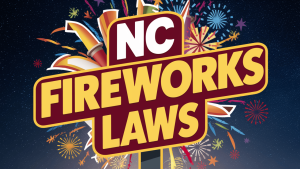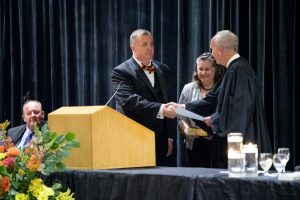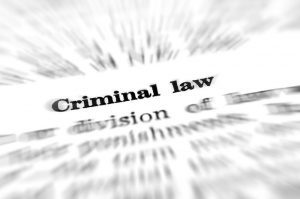As the summer heats up and we’re celebrating the 4th of July, many North Carolinians aren’t all that sure  about the rules surrounding fireworks.
about the rules surrounding fireworks.
Unfortunately, sometimes not knowing the NC fireworks laws ends up with otherwise law-abiding citizens getting charged with a misdemeanor and all that entails.
Whether you’re planning a backyard barbecue or a large community event, it’s helpful to understand the laws governing pyrotechnics in our state.
 Carolina Law Blog
Carolina Law Blog especially if they suspect impairment and decide to conduct a sobriety test. Among the various methods employed by law enforcement to assess impairment, the walk and turn test is a very common DWI field sobriety test in North Carolina.
especially if they suspect impairment and decide to conduct a sobriety test. Among the various methods employed by law enforcement to assess impairment, the walk and turn test is a very common DWI field sobriety test in North Carolina.
 rearview mirror.
rearview mirror. 




